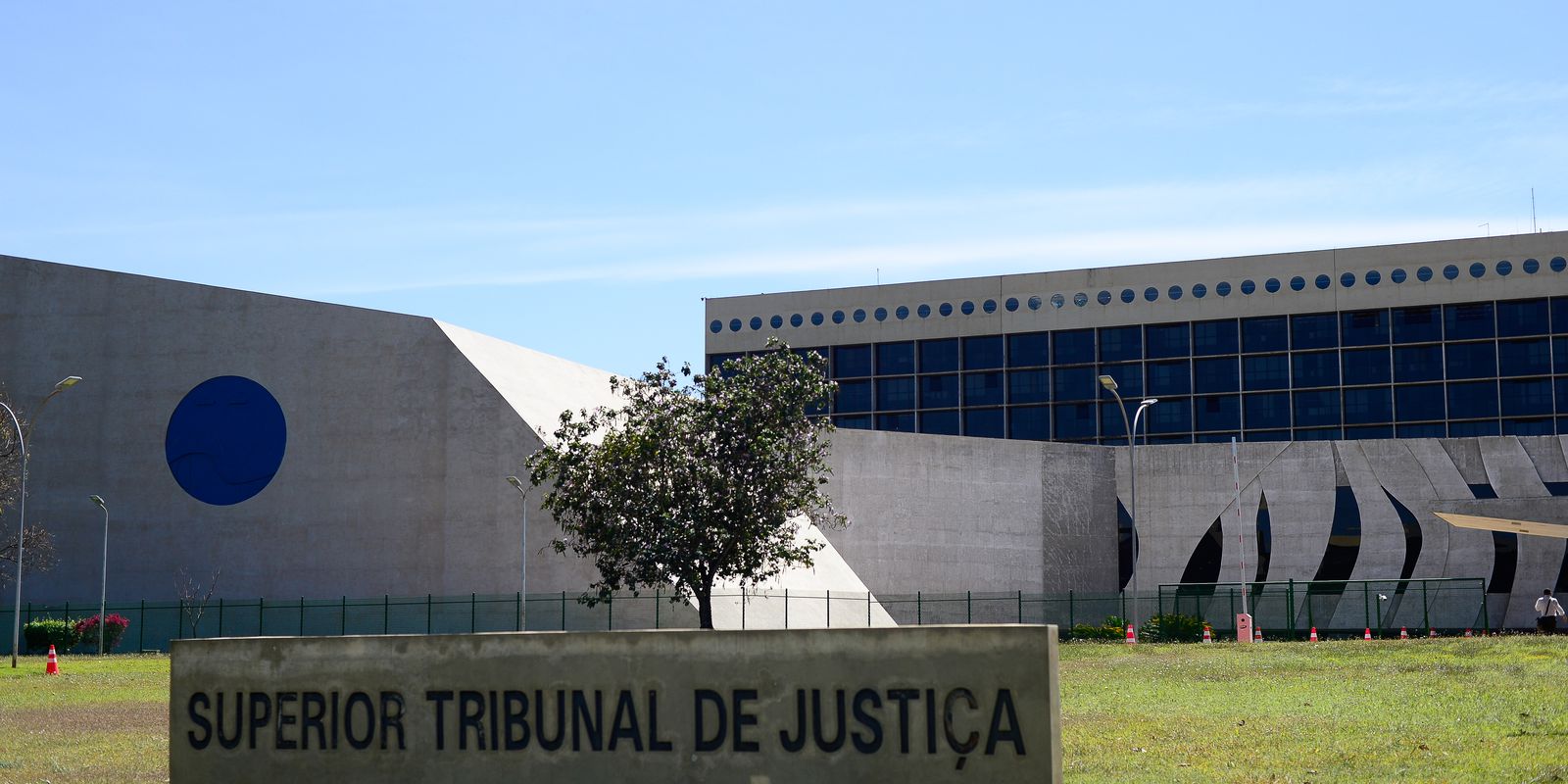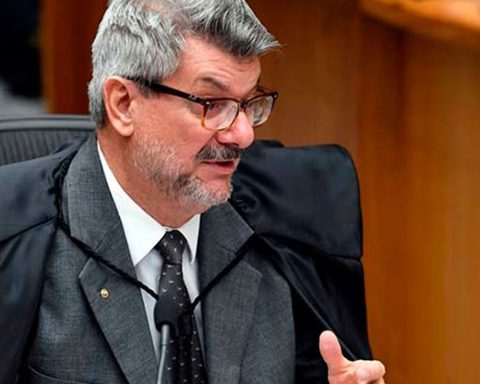The National Congress promulgated today (14) the proposed amendment to the Constitution that aims to reduce the demand of the Superior Court of Justice (STJ) with special resources. The amendment creates a kind of admissibility filter for this type of appeal. Thus, the appellant must show the relevance of infraconstitutional federal law issues (which are not provided for in the Constitution) discussed in the action.
The proposal passed through Congress for four years and modifies an excerpt from the Federal Constitution that deals with the competences of the STJ. Thus, the admission of the special appeal will be conditioned to the demonstration of the relevance of the legal issues discussed by the appellant.
This filter establishes the resources in criminal proceedings as relevant; in administrative improbity actions; in actions whose value in question exceeds 500 minimum wages; in actions that may generate ineligibility; and in the cases in which the appealed decision contradicts the prevailing jurisprudence of the Superior Court of Justice.
“The real avalanche of cases received by the STJ – an annual average of more than 10,000 cases per minister – has been compromising the satisfaction of the constitutional mission of that court, that is, the standardization of the interpretation of federal laws”, said the president of Congress, senator Rodrigo Pacheco (PSD-MG), after enacting the amendment.
According to the president, with the PEC, the STJ once again assumes its true constitutional features: a court to standardize the interpretation of federal legislation, responsible for establishing jurisprudential precedents with binding effects on lower courts.















